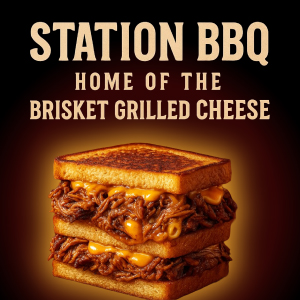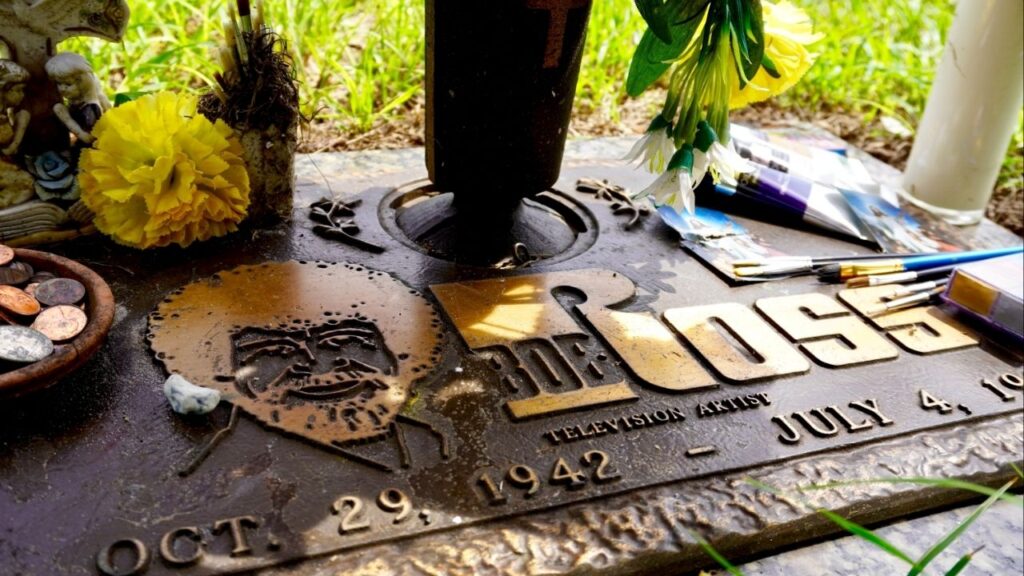Share
|
Getting your Trinity Audio player ready...
|
A U.S. judge’s ruling striking down a federal law that bans licensed federal firearms dealers from selling handguns to young adults under 21 is the latest example of how a landmark Supreme Court decision is transforming the legal landscape around firearms.
The ruling issued Wednesday by a federal judge in Virginia is just the beginning of what’s likely to be a lengthy court battle over rules aimed at making it harder for 18- to 20-year-olds to get handguns.
The judge’s ruling won’t go into effect until he issues a final order that would bar the government from enforcing the age limit. The Justice Department didn’t immediately comment on the ruling but is likely to appeal and could ask for the final order to be put on hold while it does.
The judge cited the Supreme Court’s June decision in a case called Bruen, which changed the test that courts had long used to evaluate gun laws. The ruling has opened the door to a wave of challenges from gun-rights activists and created turmoil in the courts as judges wrestle over what gun restrictions can remain on the books.
Here’s a look at the Virginia’s judge’s ruling, the impact of the Supreme Court’s Bruen decision and what’s next:
WHAT DID THE SUPREME COURT’S BRUEN DECISION DO?
In its Bruen decision, the Supreme Court struck down a New York gun law and ruled that Americans have a right to carry firearms in public for self-defense. The majority opinion authored by Justice Clarence Thomas also set new standards for courts to weigh challenges to firearm restrictions.
Before the ruling, courts generally took a two-step approach when examining gun restrictions, first looking at the constitutional text and history to see whether a regulation comes under the Second Amendment and then, if it does, looking at the government’s justification for the restriction.
Thomas said the old standard was wrong and said courts should no longer consider whether the law serves public interests, like enhancing public safety. Governments that want to uphold a gun restriction must point to similar restrictions from history to show that the law is consistent with the country’s “historical tradition of firearm regulation,” the Supreme Court said.
WHAT HAPPENED IN THE VIRGINIA CASE?
U.S. District Court Judge Robert Payne in Richmond said the government failed to prove that restrictions on the purchase of firearms by 18- to 20-year-olds is “part of our Nation’s history and tradition.” The former President George H.W. Bush-appointee said the government didn’t present any evidence of such restrictions “from the colonial era, Founding or Early Republic.”
The lack of similar regulations from those time periods indicates that the “Founders considered age-based regulations on the purchase of firearms to circumscribe the right to keep and bear arms confirmed by the Second Amendment,” he wrote.
The case was brought by 20-year-old John Corey Fraser and other young adults who want to buy handguns from a licensed federal firearms dealer. Fraser’s lawyer, Elliott Harding, noted that 18- to 20-year-olds can already buy handguns from private sellers, a process that is “completely unregulated.”
The case is challenging the constitutionality of the Gun Control Act of 1968 and the associated regulations from the Bureau of Alcohol, Tobacco, Firearms and Explosives.
Gun control groups had urged the court to uphold the age restrictions, arguing they are constitutional even under the Supreme Court’s Bruen ruling. They say Payne’s ruling will put lives at risk, pointing to scientific literature that shows the brain continues to develop in the early 20s and that 18- to 20-year-olds are more impulsive than older adults.
“There is a long, established historical pedigree for recognizing the risk posed by certain subsets of armed individuals,” The Giffords Law Center to Prevent Gun Violence and another gun control group, Brady, wrote in court filings. “Likewise, Congress has identified that armed 18-to-20-year-olds pose a greater risk to the community than does the rest of the population and accordingly has restricted 18-to-20-year-olds’ ability to purchase handguns.”
WHAT OTHER LAWS ARE BEING CHALLENGED POST-BRUEN?
Gun-rights activists have been waging court battles across the U.S. over things such as bans on the sale of on AR-15-style rifles and high-capacity magazines and possession of so-called “ghost guns” that can be nearly impossible for law enforcement officials to trace.
In some cases, judges looking at the same laws and same historical record have come down on different sides on whether they are constitutional under the Supreme Court’s Bruen test. Several judges, for example, have upheld a federal law banning people under indictment for felonies from buying guns, while others have declared it unconstitutional.
A federal judge recently cited the high court decision in ruling against a Minnesota law prohibiting 18- to 20-year-olds from getting permits to carry handguns in public. A judge struck down a similar law last year on gun restrictions for young adults in Texas. The 11th U.S. Circuit Court of Appeals in March, however, upheld a Florida law passed after the mass shooting at Parkland’s Marjory Stoneman Douglas High School that raised the legal age to buy a gun from 18 to 21.
Some judges have expressed frustration with the Bruen test and questioned whether judges are suited to be analyzing history. In his decision, Payne used a footnote to lament what he sees as the challenges with the test, saying “this court is staffed by lawyers who are neither trained nor experienced in making the nuanced historical analyses called for by Bruen.”
“There is a reason that historians attend years of demanding schooling and that their scholarship undergoes a rigorous peer-review process before publication,” he wrote.
The Supreme Court could soon decide whether to grant an emergency request to block an Illinois law signed in January that bans the sale of so-called assault weapons and high-capacity magazines. Challengers of the law appealed to the high court after a federal judge in Chicago in February found the law to be constitutional under the Bruen test, and an appeals court also refused to put the law on hold.
The Justice Department also appealed to the Supreme Court after the New Orleans-based 5th U.S. Circuit Court of Appeals in February — citing the Bruen decision — struck down a federal law prohibiting people who have domestic violence restraining orders against them from possessing guns. Justice Department lawyers said their petition to the high court that the law “fits squarely within the longstanding tradition of disarming dangerous individuals.” The court has not yet said whether it will take up the case.
Other restrictions that judges have found to be unconstitutional in recent months include a federal law prohibiting people who use marijuana from owning firearms and a federal ban on possessing a gun with its serial number removed.
RELATED TOPICS:
Categories

Visalia Police Cite 21 Drivers for Hands-Free Cell Phone Violations


















